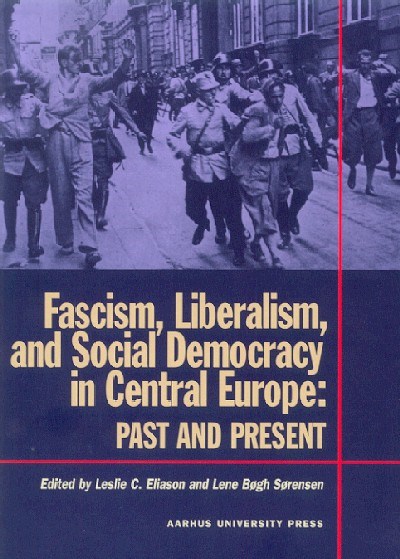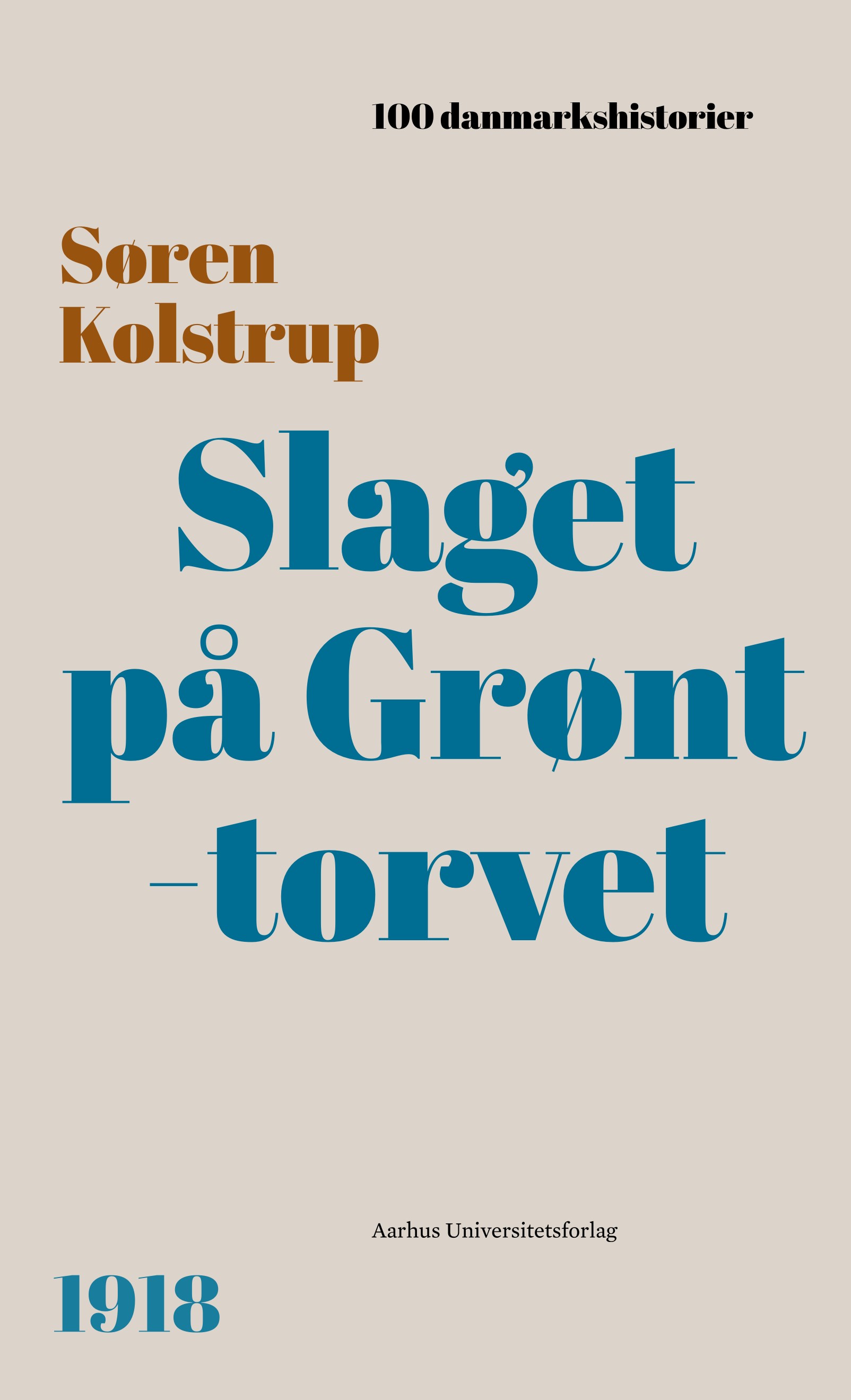
Fascism, Liberalism and Social Democracy in Central Europe
Past and Present
En del af fagområderne Historie (samtid) og Samfundsvidenskab
Udsolgt fra forlaget
Redigeret af
Leslie C. Eliason og
Lene Bøgh Sørensen
Med bidrag af
György Borsányi,
András Bozóki,
Vladimira Dvorakova,
Leslie C. Eliason,
Reinhold Gärtner,
Jiri Kunc,
László Kürti,
Bill Lomax,
Grigorij Meseznikov,
Curt Sørensen,
Lene Bøgh Sørensen og
Vaclac Zák
Mere om bogen
Om bogen
Selv ti år efter, at de første demokratiske valg i Central- og Øst-Europa fandt sted, eksisterer den politiske og ideologiske kløft fortsat. End ikke halvtreds års kommunistisk styre har slettet sporene fra tidligere tiders socialpolitiske bevægelser, der er nært forbundet med ideologier som liberalisme, socialisme og fascisme.
Således er det politiske landskab i det tidligere Østrig-ungarske imperium den dag i dag stadig præget af fortidens politiske klima: Fra Haiders højre-populistiske Frihedsparti i Østrig til kommunismens genopståen i Ungarn. Fascism, Liberalism and Social Democracy in Central Europe bygger på analyser af samspillet mellem historiske og nye elementer i dannelsen af de nuværende politiske ideologier i Centraleuropa.
Bogens artikler belyser såvel de historiske som de samtidige aspekter af disse tendenser, og forfatterne er ledende europæiske og nordamerikanske eksperter inden for historie, sociologi, antropologi samt statsvidenskab
Indholdsfortegnelse
Lene Bøgh Sørensen & Leslie C. Eliason: Introduction
Curt Sørensen: Historical Roots of Austrian Right Wing Politics: Traditions and Preconditions
Reinhold Gärtner: The Development of FPÖ from 1986 to 1996
Leslie C. Eliason: Austrian Social Democracy at the Crossroads: The Political Consequences of the 1999 Elections
Curt Sørensen: The Labour Movement in the First Austrian Republic: Theory and Praxis of Austromarxism
Vladimira Dvoráková: The Politics of Antipolitics? The Radical Right in the Czech Republic
Jirí Kunc: The Fall and Rise of Social Democracy in the Czech Republic
Václav Zák: Economists or Lawyers? Institutional Foundations of Emerging Democracy: The Czechoslovak Example
András Bozóki: Modernisation and Nationalism: Pathways to Power for ex-Communists in Europe, and the Hungarian Case
György Borsányi: Turning Points of Hungarian Social Democracy
Lene Bøgh Sørensen: Did Hungary Become Fascist?
László Kürti: Skinheads, Extremists and Neo-nazis in East-Central Europe
Bill Lomax: Combatting the Ultra-Right in Hungary: The Limitations of Liberalism
Grigorij Meseznikov: Ideological (Dis)Continuity as a Factor of the Formation of the Party System in Slovakia
About the Authors
Index
Forlaget skriver:
22 marts 2024
Bogtorsdag den 4. april
Vær med, når Aarhus Universitetsforlag og Det Kgl. Bibliotek fejrer forfattere og nye bøger. Vi ses den 4. april kl. 16-1…
21 februar 2024
Bogtorsdag 7. marts
Vær med, når Aarhus Universitetsforlag og Det Kgl. Bibliotek - Aarhus - fejrer månedens forfattere og nye bøger. 7. marts kl…
2 februar 2024
HISTORISKE DAGE 2024 9.-10. marts
Vi glæder os til Historiske Dage 2024 den 9.-10. marts og håber at møde mange af vores historieinteresserede læsere! Dagene b…




